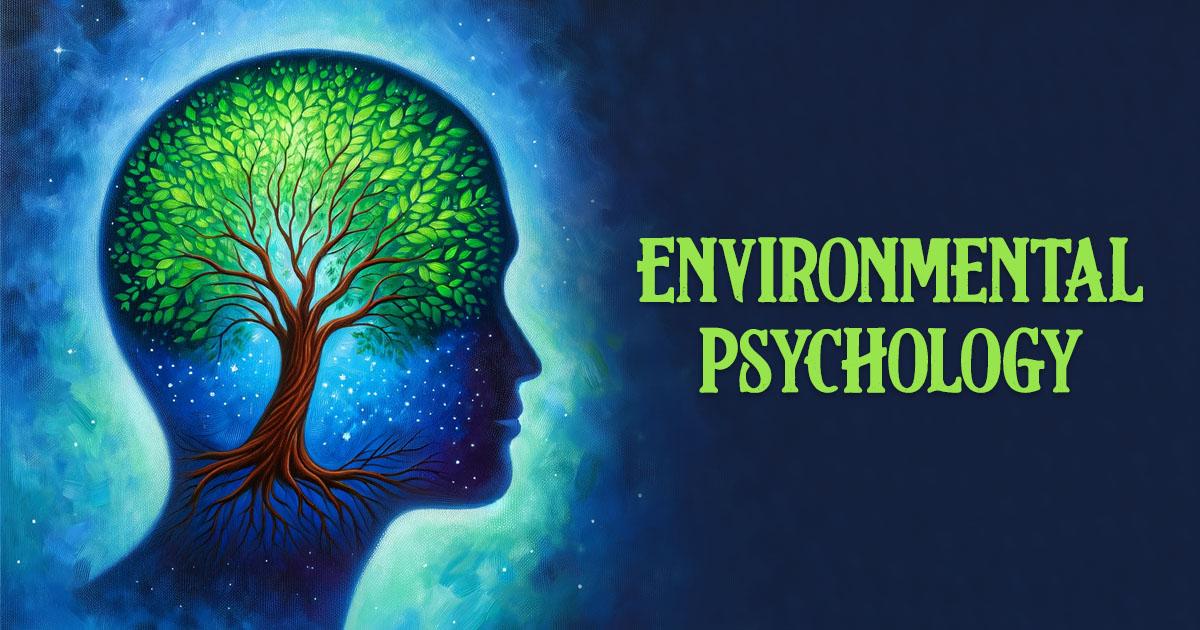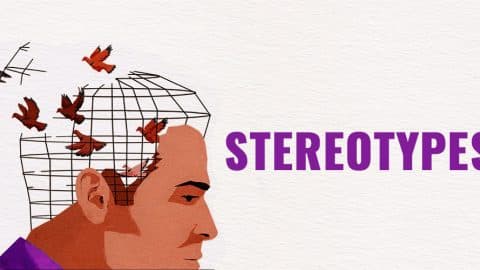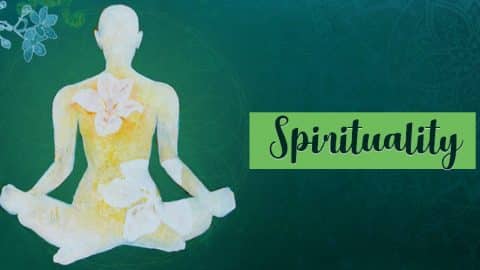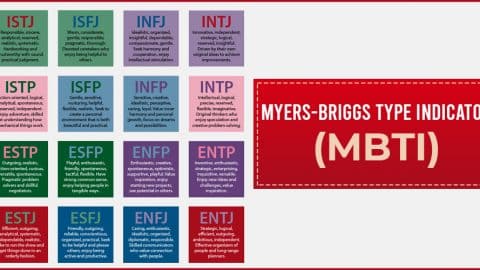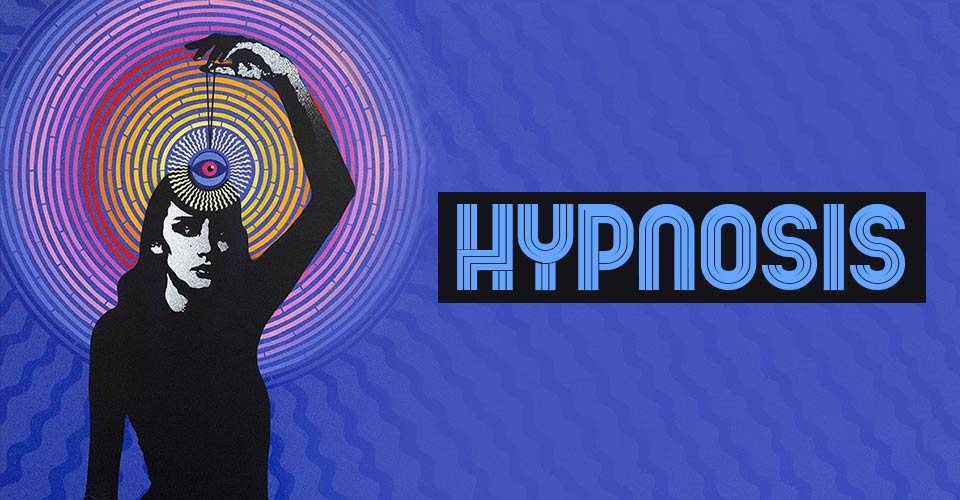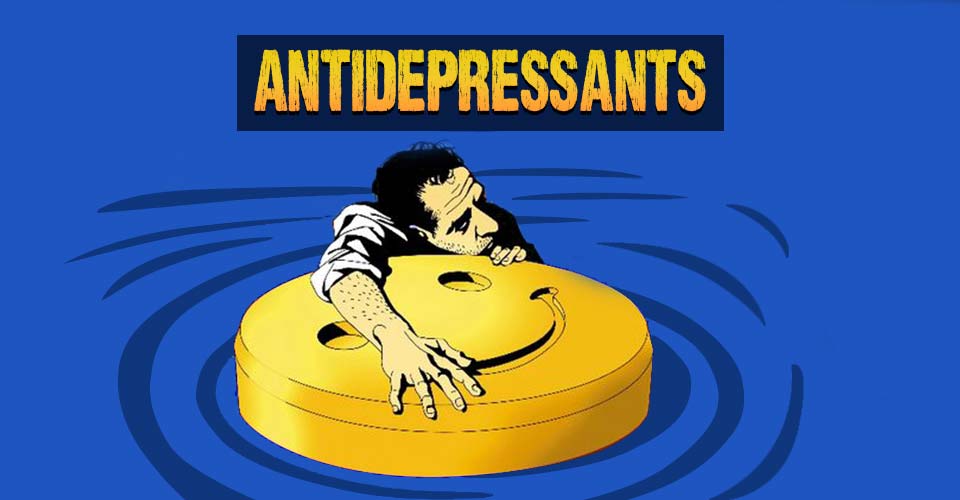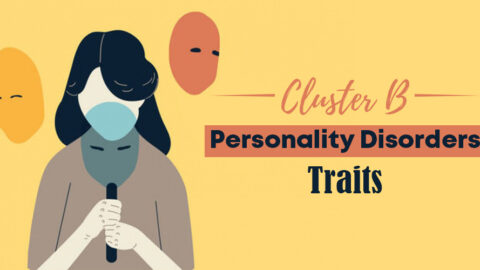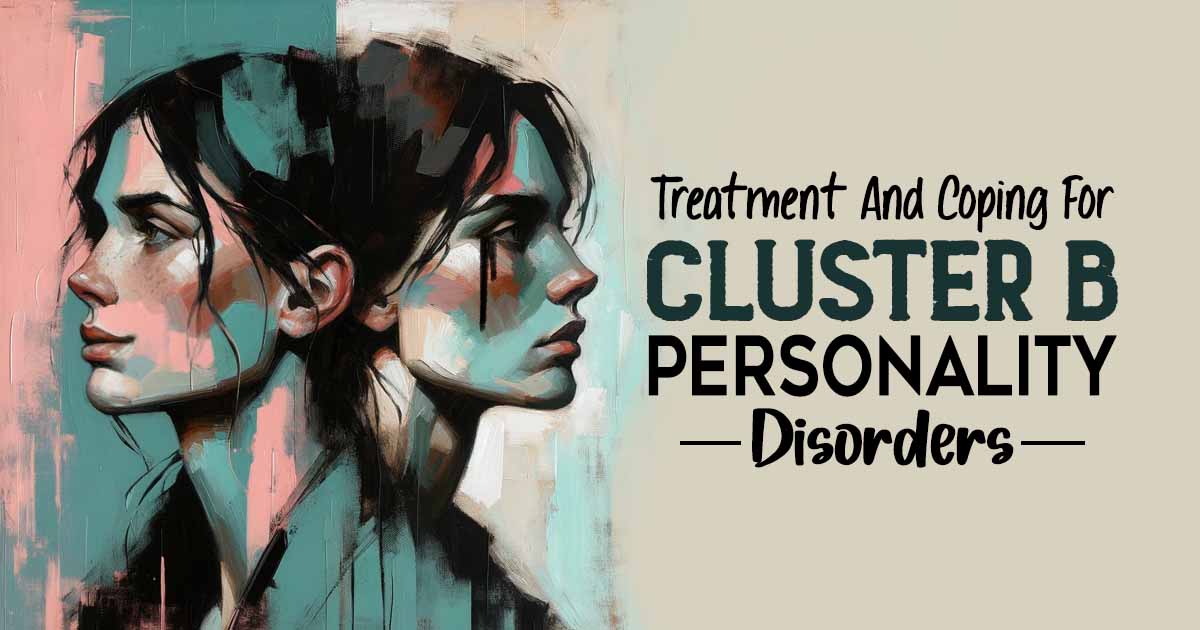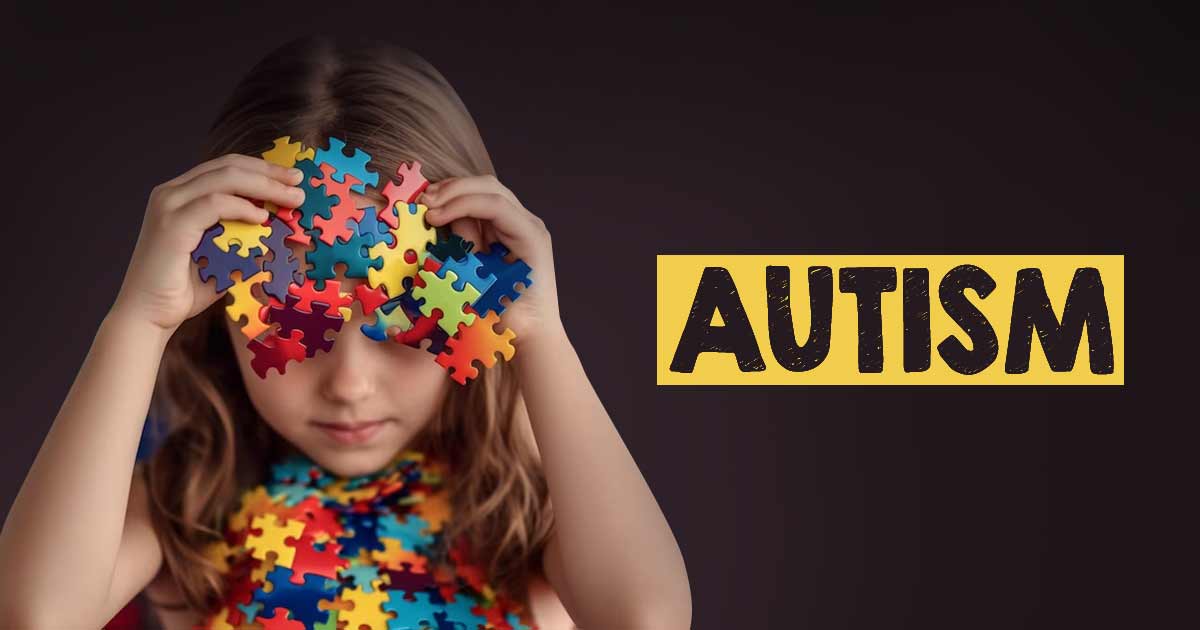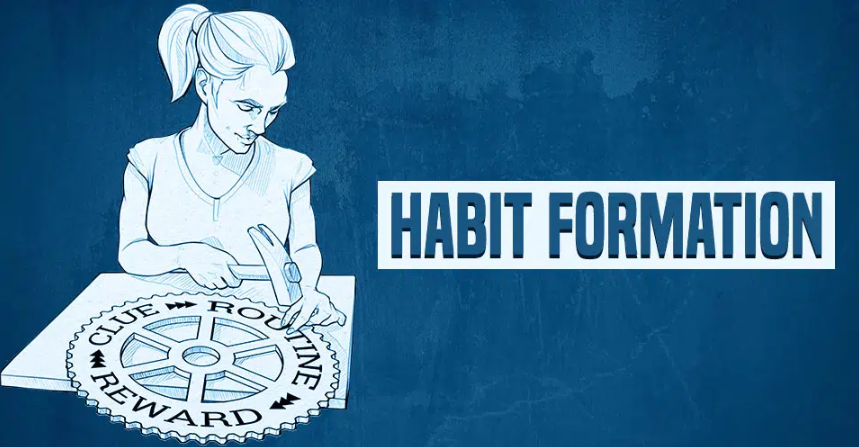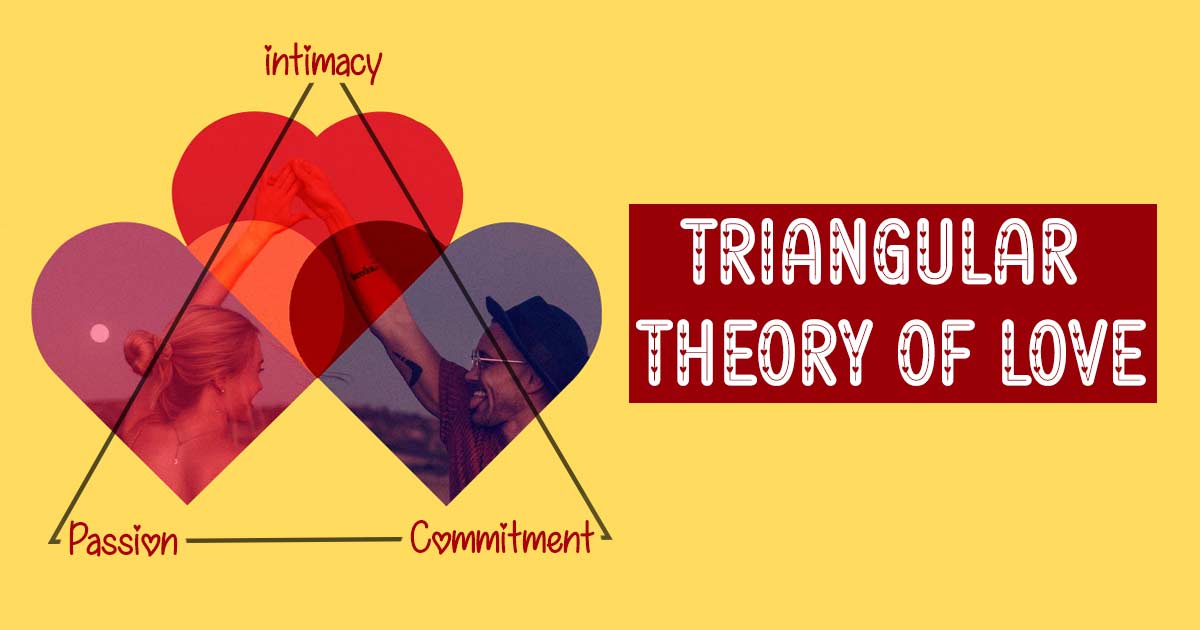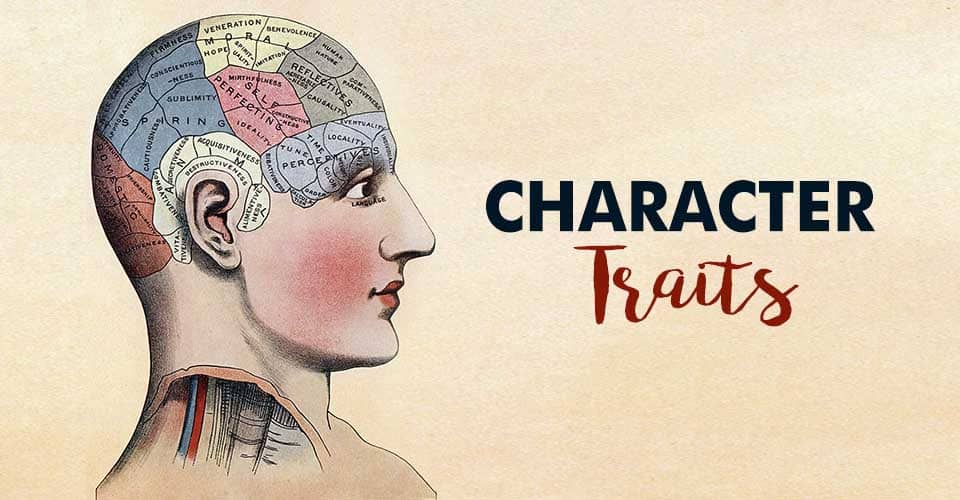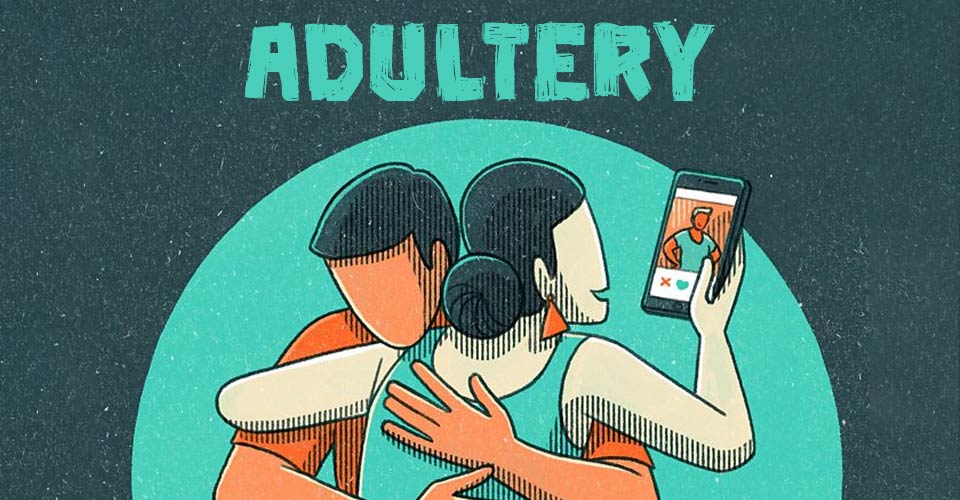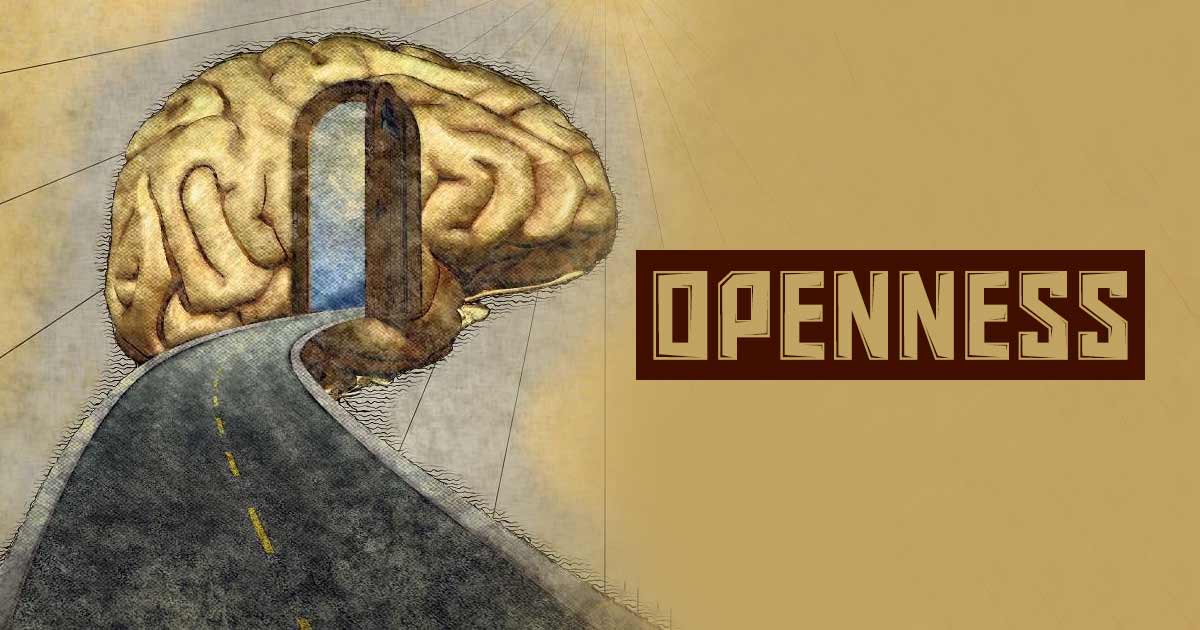Happiness is a positive emotional state characterized by feelings of pleasure, contentment, satisfaction, and joy. It is a subjective experience that can be influenced by a wide range of factors, such as personal values, life circumstances, and relationships.
It can be experienced in different ways, such as spending time with loved ones, accomplishing long-term goals and experiencing personal growth, etc. It is a fundamental aspect of human well-being, and many people strive to experience more happiness in their lives.
Health benefits might also come from experiencing this emotion. An increasing body of research 1 Dfarhud, D., Malmir, M., & Khanahmadi, M. (2014). Happiness & Health: The Biological Factors- Systematic Review Article. Iranian journal of public health, 43(11), 1468–1477. also indicates that happiness might enhance one’s physical health; positive emotions and fulfillment seem to benefit blood pressure conditions, the immune system, cardiovascular health, and inflammatory levels. Even a longer lifespan 2 Lawrence, E. M., Rogers, R. G., & Wadsworth, T. (2015). Happiness and longevity in the United States. Social science & medicine (1982), 145, 115–119. https://doi.org/10.1016/j.socscimed.2015.09.020 as well as a higher quality of life and overall well-being have been associated with this feeling.
Happiness and Mental health
Happiness is frequently posited as a major factor in good mental health. When people feel happy, they tend to have a positive outlook on life and feel more satisfied with their experiences and relationships. This, in turn, can contribute to better positive well-being and optimum functioning of individuals.
Research has shown that individuals who experience a higher level of happiness also tend to have positive emotions that can help to buffer against the negative effects of stress and adversity, increase resilience, and promoting a greater quality of life 3 López-Ruiz, V. R., Huete-Alcocer, N., Alfaro-Navarro, J. L., & Nevado-Peña, D. (2021). The relationship between happiness and quality of life: A model for Spanish society. PloS one, 16(11), e0259528. https://doi.org/10.1371/journal.pone.0259528 .
On the other hand, individuals who struggle with mental health issues 4 Zhang, X., Zhang, X., & Chen, X. (2017). Happiness in the Air: How Does a Dirty Sky Affect Mental Health and Subjective Well-being?. Journal of environmental economics and management, 85, 81–94. https://doi.org/10.1016/j.jeem.2017.04.001 , such as depression and anxiety, often find it difficult to experience this emotion. Symptoms of these conditions, such as hopelessness, worry, and sadness can make it challenging to find joy in everyday activities.
Effects Of Happiness On Mental Health
People who report higher levels of happiness tend to engage in positive behaviors, such as engaging in a pleasant mood, regular physical activity, and maintaining positive attitudes towards self and others. Here are some ways in which this positive feeling can impact mental health:
1. Reduced Risk Of Depression And Anxiety
Happiness has been shown to reduce the risk of depression and anxiety 5 Ghazavi, Z., Mardany, Z., & Pahlavanzadeh, S. (2016). Effect of happiness educational program on the level of stress, anxiety and depression of the cancer patients’ nurses. Iranian journal of nursing and midwifery research, 21(5), 534–540. https://doi.org/10.4103/1735-9066.193419 , two of the most common mental health conditions. Happier people tend to be more resilient in the face of challenges, and are less likely to experience symptoms of depression or anxiety.
Read More About Anxiety Here
2. Improved Self-esteem
When people feel happy, they tend to have a more positive view of themselves and their abilities. This can help to boost individuals’ self-esteem 6 Yap, C. C., Mohamad Som, R. B., Sum, X. Y., Tan, S. A., & Yee, K. W. (2022). Association Between Self-Esteem and Happiness Among Adolescents in Malaysia: The Mediating Role of Motivation. Psychological reports, 125(3), 1348–1362. https://doi.org/10.1177/00332941211005124 , which is an important factor in overall mental health.
Read More About Self-Esteem Here
3. Greater Emotional Well-being
Feeling happy can contribute to greater emotional well-being 7 Cohn, M. A., Fredrickson, B. L., Brown, S. L., Mikels, J. A., & Conway, A. M. (2009). Happiness unpacked: positive emotions increase life satisfaction by building resilience. Emotion (Washington, D.C.), 9(3), 361–368. https://doi.org/10.1037/a0015952 , which can help us to manage stress, deal with difficult situations, and feel more fulfilled in our daily lives.
4. Better Coping Skills
Happiness can improve coping skills 8 Cohn, M. A., Fredrickson, B. L., Brown, S. L., Mikels, J. A., & Conway, A. M. (2009). Happiness unpacked: positive emotions increase life satisfaction by building resilience. Emotion (Washington, D.C.), 9(3), 361–368. https://doi.org/10.1037/a0015952 with difficult situations and challenges. This can help people to feel more in control of their lives, and to avoid feelings of helplessness and hopelessness.
5. Improved Creativity
Happiness has been shown to boost cognitive function, including focus and creativity 9 Fiori, M., Fischer, S., & Barabasch, A. (2022). Creativity is associated with higher well-being and more positive COVID-19 experience. Personality and individual differences, 194, 111646. https://doi.org/10.1016/j.paid.2022.111646 . This can have a positive impact on mental health, as it can help individuals to feel more engaged and fulfilled in their work and personal lives.
Read More About Creativity Here
Myths About Happiness
There are several misconceptions about happiness that people believe. Here are a few of them:
Myth 1: Feeling Happy Means The Absence Of Negative Emotions
Some people believe that being happy means never feeling sad, angry, or anxious. However, this is not true. Negative emotions 10 Mauss, I. B., Tamir, M., Anderson, C. L., & Savino, N. S. (2011). Can seeking happiness make people unhappy? [corrected] Paradoxical effects of valuing happiness. Emotion (Washington, D.C.), 11(4), 807–815. https://doi.org/10.1037/a0022010 are a normal part of life, and it is impossible to avoid them completely. Happiness is not the absence of negative emotions, but rather the ability to experience and manage them in a healthy way.
Myth 2: Money Can Buy Happiness
While having enough money to cover basic needs is important for our well-being, having more money 11 Hudson, N. W., Lucas, R. E., Donnellan, M. B., & Kushlev, K. (2016). Income reliably predicts daily sadness, but not happiness: A replication and extension of Kushlev, Dunn, & Lucas (2015). Social psychological and personality science, 7(8), 828–836. https://doi.org/10.1177/1948550616657599 than we need does not necessarily make us happier. Research has shown that after a certain point, additional income has little to no effect on our overall level of happiness.
Myth 3: Happiness Is Something That Can Be Achieved Permanently
Feeling happy is not a constant state, and it is not something that can be achieved and maintained permanently. Life is full of ups and downs, and emotions and circumstances are constantly changing. It’s important to recognize that this is a fleeting experience that comes and goes.
Myth 4: Happiness Is The Result Of External Factors
Some people believe that feeling happy is determined by external factors such as wealth, status, or success. However, research has shown that external factors only account for a small portion of our happiness. An individual’s thoughts, attitudes, and behaviors 12 Rastelli, C., Calabrese, L., Miller, C., Raffone, A., & De Pisapia, N. (2021). The Art of Happiness: An Explorative Study of a Contemplative Program for Subjective Well-Being. Frontiers in psychology, 12, 600982. https://doi.org/10.3389/fpsyg.2021.600982 have a much greater impact on our overall level of feeling happy.
Myth 5: Happiness Is The Same For Everyone
What makes one person happy may not necessarily make another person happy. Happiness is a subjective experience that is influenced by our unique personalities, experiences, and values. It’s important to recognize and honor our differences when it comes to feeling happy.
It’s important to recognize these myths and to have a more accurate understanding of what this emotion is.
Why Is Happiness Important For Your Mental Health?
It is important to note that happiness and mental health are not the same things. Feeling happy is a temporary emotional state, while mental health refers to a person’s overall psychological well-being. However, when someone is struggling with poor mental health, they may find it difficult to feel happy and may need support to improve their mental health.
The experience of positive emotions, like happiness, release neurotransmitters from the brain like oxytocin, dopamine, and serotonin 13 Dfarhud, D., Malmir, M., & Khanahmadi, M. (2014). Happiness & Health: The Biological Factors- Systematic Review Article. Iranian journal of public health, 43(11), 1468–1477. , which are strongly associated with feelings of pleasure and well-being. These chemicals help in reducing anxiety and depression and promote greater well-being.
In other words, it can be said that generally happy people are less prone to mental disorders.
Happiness And Health
There is a significant body of research that supports the association between being happy and being healthy. Here are some of the ways that happiness can impact health:
1. Reduced Stress
Feeling happy can reduce stress 14 Ghazavi, Z., Mardany, Z., & Pahlavanzadeh, S. (2016). Effect of happiness educational program on the level of stress, anxiety and depression of the cancer patients’ nurses. Iranian journal of nursing and midwifery research, 21(5), 534–540. https://doi.org/10.4103/1735-9066.193419 levels in the body, which can have numerous health benefits. Stressful situations produce hormones like cortisol and adrenaline, which can lead to a range of health problems, from heart disease to anxiety and depression. By reducing stress levels, feeling happy can help protect people against these health problems.
Read More About Stress Here
2. Improved Cardiovascular Health
This emotion has been shown to have a positive effect on cardiovascular health 15 Kubzansky, L. D., Huffman, J. C., Boehm, J. K., Hernandez, R., Kim, E. S., Koga, H. K., Feig, E. H., Lloyd-Jones, D. M., Seligman, M. E. P., & Labarthe, D. R. (2018). Positive Psychological Well-Being and Cardiovascular Disease: JACC Health Promotion Series. Journal of the American College of Cardiology, 72(12), 1382–1396. https://doi.org/10.1016/j.jacc.2018.07.042 , including reducing blood pressure and lowering the risk of heart disease. This is likely due to a combination of factors, such as reduced stress, improved sleep, and a more active lifestyle.
3. Boosted Immune System
Happiness can also have a positive effect on the immune system 16 Davidson, K. W., Mostofsky, E., & Whang, W. (2010). Don’t worry, be happy: positive affect and reduced 10-year incident coronary heart disease: the Canadian Nova Scotia Health Survey. European heart journal, 31(9), 1065–1070. https://doi.org/10.1093/eurheartj/ehp603 , helping to protect us against illness and disease. When we are happy, our bodies produce more immune-boosting cells, which can help us fight off infection and disease.
4. Longer Lifespan
Several studies have suggested that happier people tend to live longer 17 Shrestha, S., Hendrickson, J., Gomez, G., Vasquez, J., & Bavineau, J. (2018). LIFE, LONGEVITY AND THE PURSUIT OF HAPPINESS. Innovation in Aging, 2(Suppl 1), 120. https://doi.org/10.1093/geroni/igy023.442 than those who are less happy. This may be due to a range of factors, such as better overall health, reduced stress levels, and a more positive outlook on life.
How Happiness Affects Your Life?
This emotion can have a significant impact on an individual’s life 18 Hansenne M. (2021). Valuing Happiness is Not a Good Way of Pursuing Happiness, but Prioritizing Positivity is: A Replication Study. Psychologica Belgica, 61(1), 306–314. https://doi.org/10.5334/pb.1036 in several ways. Here are some examples:
1. Health Benefits
Happiness can have numerous physical health benefits, such as lower stress levels, better sleep, improved cardiovascular health, and a stronger immune system.
2. Better Relationships
Happier people tend to have better and more fulfilling relationships 19 Badri, M. A., Alkhaili, M., Aldhaheri, H., Yang, G., Albahar, M., & Alrashdi, A. (2022). Exploring the Reciprocal Relationships between Happiness and Life Satisfaction of Working Adults-Evidence from Abu Dhabi. International journal of environmental research and public health, 19(6), 3575. https://doi.org/10.3390/ijerph19063575 with others, leading to stronger bonds and greater life satisfaction.
3. Greater Resilience
Cultivating the feeling of being happy can help us develop greater resilience and coping skills 20 Gori, A., Topino, E., & Di Fabio, A. (2020). The protective role of life satisfaction, coping strategies and defense mechanisms on perceived stress due to COVID-19 emergency: A chained mediation model. PloS one, 15(11), e0242402. https://doi.org/10.1371/journal.pone.0242402 , allowing us to better handle life’s challenges and setbacks.
4. Increased Productivity
Happier people tend to be more productive 21 Salas-Vallina, A., Pozo-Hidalgo, M., & Gil-Monte, P. R. (2020). Are Happy Workers More Productive? The Mediating Role of Service-Skill Use. Frontiers in psychology, 11, 456. https://doi.org/10.3389/fpsyg.2020.00456 , and focused, which can lead to greater success in work and personal life.
5. Improved decision-making
When we are happy, we are more likely to make mature decisions 22 Hsee, C. K., & Hastie, R. (2006). Decision and experience: why don’t we choose what makes us happy?. Trends in cognitive sciences, 10(1), 31–37. https://doi.org/10.1016/j.tics.2005.11.007 and to be more optimistic and confident.
Read More About Decision-Making Here
6. Greater life satisfaction
Feeling happy is a key component of overall life satisfaction 23 López-Ruiz, V. R., Huete-Alcocer, N., Alfaro-Navarro, J. L., & Nevado-Peña, D. (2021). The relationship between happiness and quality of life: A model for Spanish society. PloS one, 16(11), e0259528. https://doi.org/10.1371/journal.pone.0259528 and can help us feel more fulfilled and joyful in our daily lives.
Cultivating happiness
Embracing the feeling of being happy is a process that involves intentional effort and a willingness to make changes in one’s life. To cultivate happiness in one’s life, it is efficient to accept one’s emotions and learn to let these emotions go. It is important to find healthy ways to cope with stress 24 Bajaj, B., Khoury, B., & Sengupta, S. (2022). Resilience and Stress as Mediators in the Relationship of Mindfulness and Happiness. Frontiers in psychology, 13, 771263. https://doi.org/10.3389/fpsyg.2022.771263 , such as exercise, meditation, or spending time in nature, which can be considered as different sources of happiness in life, and cultivating happiness from these sources can help people to lead a more fulfilling and joyful life.
Tips to be happy
Consider the following tips to be happy:
1. Practice Gratitude
Take time to appreciate the things you have and express your gratitude 25 Sansone, R. A., & Sansone, L. A. (2010). Gratitude and well being: the benefits of appreciation. Psychiatry (Edgmont (Pa. : Township, 7(11), 18–22. [/mfn] to others. This can help you cultivate a sense of contentment and make you feel happy.
2. Build Strong Relationships
Focus on building strong and meaningful relationships with family, friends, and other people in your life. Spending time with people you care about can bring joy and make you feel happy.
3. Take Care Of Your Physical Health
Exercise regularly, eat a healthy diet 26 Wahl, D. R., Villinger, K., König, L. M., Ziesemer, K., Schupp, H. T., & Renner, B. (2017). Healthy food choices are happy food choices: Evidence from a real life sample using smartphone based assessments. Scientific reports, 7(1), 17069. https://doi.org/10.1038/s41598-017-17262-9 , and get enough sleep. Taking care of your physical health can improve your mood and overall well-being.
4. Practice Mindfulness
Practice relaxation techniques 27 Crego, A., Yela, J. R., Gómez-Martínez, M. Á., Riesco-Matías, P., & Petisco-Rodríguez, C. (2021). Relationships between Mindfulness, Purpose in Life, Happiness, Anxiety, and Depression: Testing a Mediation Model in a Sample of Women. International journal of environmental research and public health, 18(3), 925. https://doi.org/10.3390/ijerph18030925 , such as meditation, yoga, and breathing exercises. This can help you become more aware of your thoughts and emotions and can lead to greater peace and happiness.
Read More About Mindfulness Here
5. Find Purpose And Meaning
Pursue activities and goals that align with your values and bring meaning and purpose 28 Lim, J. I., Yu, J., & Sohn, Y. W. (2022). How Does Search for Meaning Lead to Presence of Meaning for Korean Army Soldiers? The Mediating Roles of Leisure Crafting and Gratitude. Frontiers in psychology, 12, 766798. https://doi.org/10.3389/fpsyg.2021.766798 to your life. This can give you a sense of fulfillment and make you feel happy.
6. Help Others
Volunteer your time or help someone 29 Otake, K., Shimai, S., Tanaka-Matsumi, J., Otsui, K., & Fredrickson, B. L. (2006). HAPPY PEOPLE BECOME HAPPIER THROUGH KINDNESS: A COUNTING KINDNESSES INTERVENTION. Journal of happiness studies, 7(3), 361–375. https://doi.org/10.1007/s10902-005-3650-z in need. Giving to others can be a source of happiness and fulfillment.
7. Do things you enjoy
Try to make time for hobbies and activities 30 Pressman, S. D., Matthews, K. A., Cohen, S., Martire, L. M., Scheier, M., Baum, A., & Schulz, R. (2009). Association of enjoyable leisure activities with psychological and physical well-being. Psychosomatic medicine, 71(7), 725–732. https://doi.org/10.1097/PSY.0b013e3181ad7978 that you enjoy doing. This can help you relax and feel happy.
Takeaway
Feeling happy is a desirable emotional state, but it is important to note that it is not a permanent state and is subject to change over time. Feeling happy is considered a journey, not a destination. It takes effort and practice to cultivate happiness, but it is worth it.
Trying some of the steps in daily life such as making time for hobbies, helping others, or practicing meditation can help individuals to cultivate more happiness. It is also important that everyone experiences being happy differently, and what brings one person this feeling may not necessarily bring this feeling to another.
At A Glance
- Happiness is a positive emotional state characterized by feelings of pleasure, contentment, satisfaction, and joy.
- Happiness is a subjective experience that is influenced by our unique personalities, experiences, and values.
- Health benefits might also come from experiencing happiness, such as improvement of blood pressure, cardiovascular system, etc.
- Mental stability and happiness are closely related.
- Experiencing positive emotions can help to buffer against the negative effects of stress and adversity.
- Practicing gratitude, and mindfulness can help to bring happiness to one’s life.
Frequently Asked Questions (FAQs)
1. What is the true meaning of happiness?
Happiness is a true feeling of positive well-being, joy, and contentment which helps people to find satisfaction in life.
2. What are the 3 keys to happiness?
The major three keys to happiness are- doing things that people enjoy, having positive relationships with others, and finding the meaning of life.
3. What is the golden rule of happiness?
Spending time with loved ones and helping them can bring happiness and fulfillment in life.
4. What brings true happiness?
Several factors bring happiness, but enjoying one’s own company helps people to find true happiness in life.


